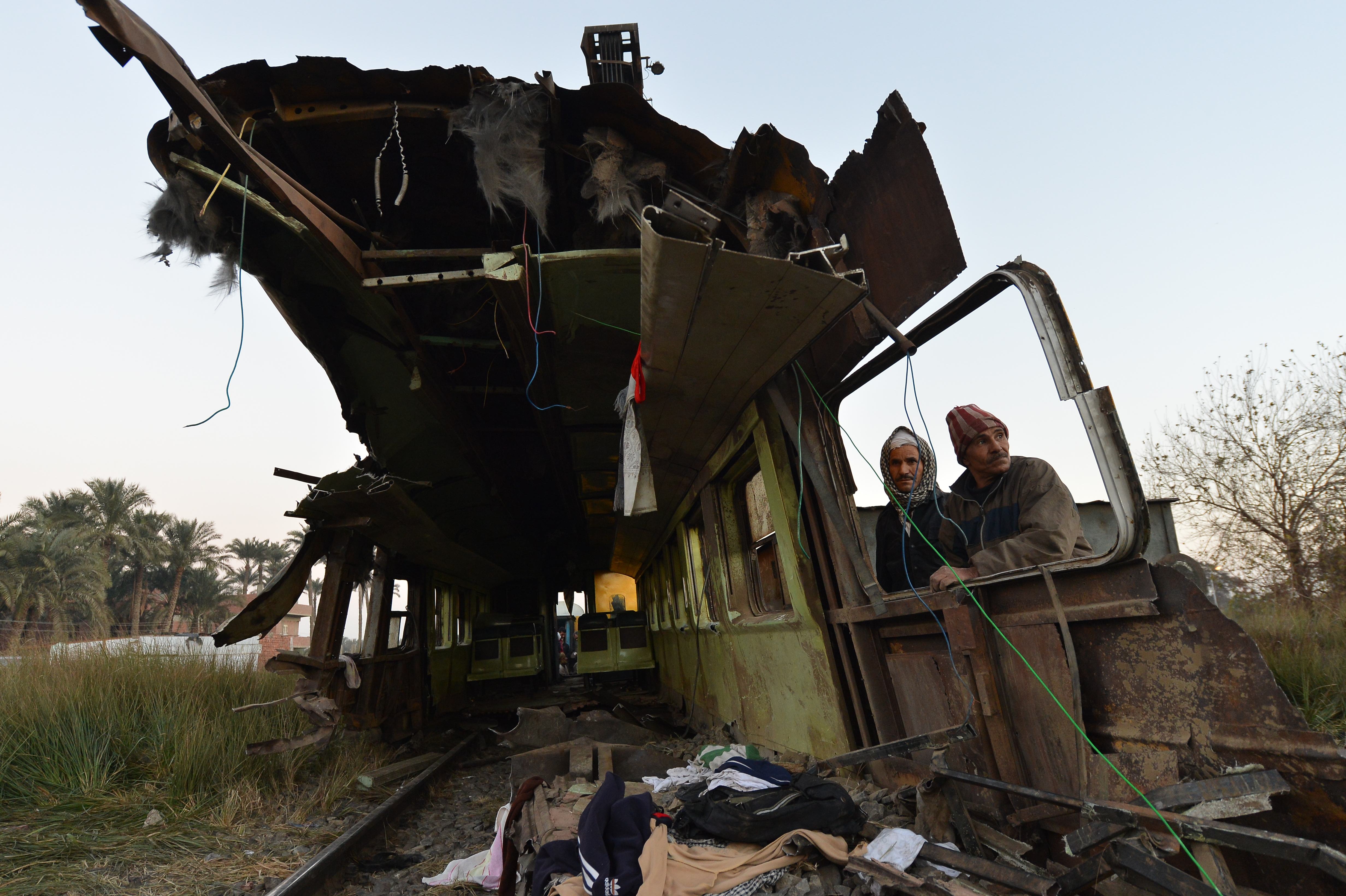By AFP
ALGIERS: Algerian opposition leaders, emboldened by uprisings in Tunisia and Egypt, on Sunday announced a second protest march in the capital despite a longstanding ban on demonstrations there.
The United States and Germany meanwhile called for restraint from the Algerian authorities Sunday, a day after a massive security operation prevented 2,000 protesters from marching in Algiers.
The National Coordination for Change and Democracy (CNCD), a coalition of opposition parties, rights groups and unofficial unions, announced a new march for next Friday after a meeting of its leadership.
It will start from May 1 Square, where Saturday’s demonstration also took place, said lawyer Moustepha Bouchachi, president of the Algerian League for the Defence of Human Rights (LADDH), which is part of the CNCD.
On Saturday, nearly 30,000 police prevented some 2,000 protesters marching the four kilometers (three miles) from May 1 Square to Martyrs Square.
The security forces made 14 arrests — 300 according to the opposition.
That did not stop another demonstration in Annaba Sunday, where four police officers were slightly injured during clashes with young protesters outside the local government headquarters.
The media offered a mixed review of Saturday’s rallies, with the pro-reform daily Liberte topping its coverage with the headline: “Change is on its way”.
But the government daily El Moudjahid dismissed the Algiers rally as only a “weak echo” of events in Cairo and Tunis.
On Sunday, CNDC spokesman Khalil Moumene condemned what he said was the brutality of the security forces and the arrest of opposition activists the previous day.
“People braved the ban to come and demonstrate peacefully,” and those arrested had been held several hours before being released, he said.
The United States and Germany meanwhile both appealed to the Algerian authorities not to over-react.
“We note the ongoing protests in Algeria, and call for restraint on the part of the security services,” US State Department spokesman Philip Crowley said in a statement.
“We reaffirm our support for the universal rights of the Algerian people, including assembly and expression,” he added.
German Foreign Minister Guido Westerwelle told ARD television: “These are demonstrators who want freedom, who are doing nothing more than exercising a human right, to know the right to defend with dignity their point of view.
“That is why we condemn all forms of recourse to violence.”
Public demonstrations have been banned in Algeria under a state of emergency put in place in 1992, but are allowed on a case-by-case basis outside the capital.
The CNCD wants the immediate end of President Abdelaziz Bouteflika’s regime, citing the same problems of high unemployment, housing and soaring costs that inspired the uprisings in Tunisia and Egypt.
The grievances triggered riots in early January that left five dead and more than 800 injured.
A protest called by the RCD in Algiers on January 22 left many injured as police blocked a march on parliament.
Like their counterparts in Tunisia and Egypt, the protesters have used Facebook and text messages to spread their call for change.
Bouteflika, in power since 1999, has acted to curb price rises and promised political concessions, including pledging to lift a two-decade state of emergency.
But the opposition says this is not enough.
The 74-year-old leader was reelected in 2004 and again in 2009 after revising the constitution to allow for an indefinite number of terms.
